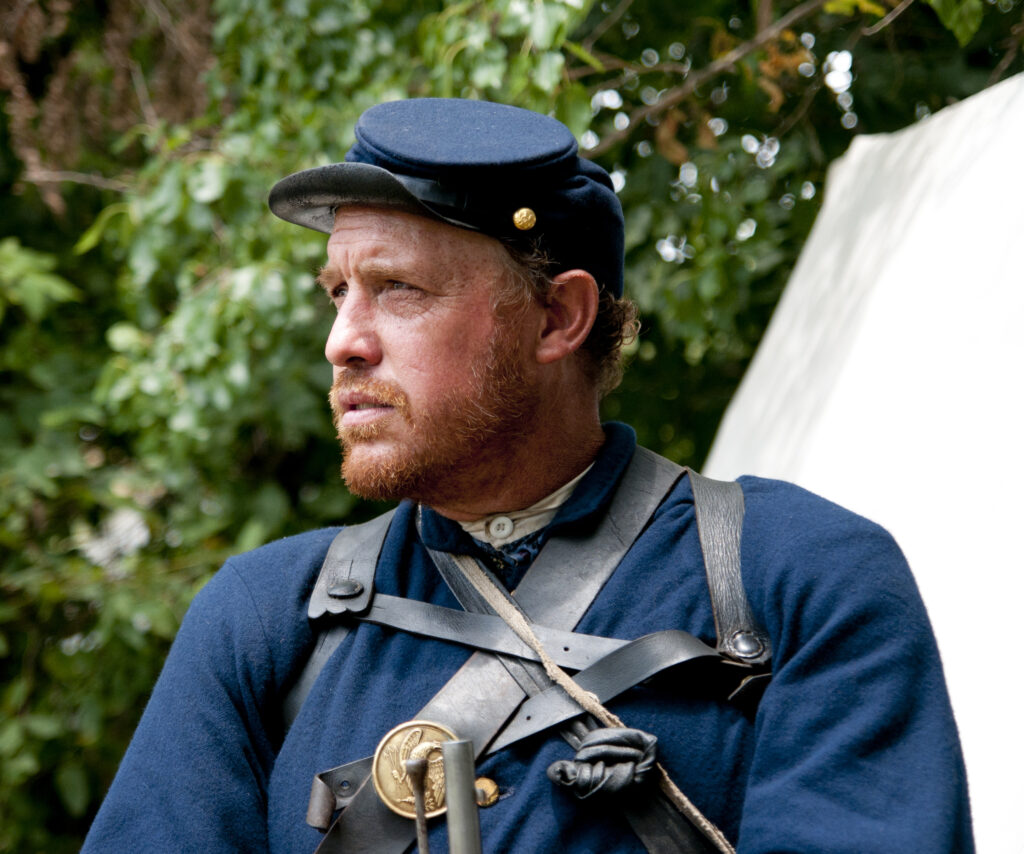It is perhaps understandable that we tend to remember with pride the many Irish immigrants who came to America with nothing and, by spirit and determination, achieved greatness. Yet, we must not forget the many more Irish men and women who came to America and often experienced hardship and tragic ends despite their best efforts; their stories should also be remembered even if they fill us with equal measures of pride and sadness. One of these stories is that of Owen Moloney

Owen Moloney was born in 1833 in Tromora, West Clare, Ireland. His parents, Catharine McCann and Myles Moloney married in 1831 and had six children. When Owen was about 12, the potato blight struck Ireland, plunging the country into a severe food crisis. The British administration’s inadequate and stuttering response turned a crop failure into a catastrophe that left many, including the Moloney family, struggling to survive.
In a cynical response to the crisis, the British government public works projects called “relief schemes.” These programs were more concerned with minimizing costs and discouraging dependency on relief than feeding the hungry. Only those who were physically fit enough to work were eligible for aid, leaving many of those who needed help most, the young, the old, the infirm, and those too weak from starvation, out of the picture.
As part of these “relief schemes,” people of all ages spent their days breaking apart stones and laying roads, often leading nowhere, throughout the countryside. In late 1846, Myles Moloney joined a local scheme known as the Seafield Line. The grueling work, combined with their already weakened health, took a toll on many laborers, including Myles, who was removed from the relief due to ill health on April 3, 1847, and died shortly after.
Young Owen, then about 14 years old, stepped into the role as the primary breadwinner for his family. Despite his youth, he took his father’s place on the Seafield Line to support his widowed mother and five younger siblings.
As the Great Hunger abated in the 1850s, the Moloney family’s situation gradually improved. Despite their still hard life, Owen managed to save enough from working as an agricultural laborer to emigrate to the United States around 1860. Like many Irish immigrants, he hoped to establish himself in America and eventually bring his family over.
Owen appeared to have gained employment based on surviving letters in which he sent money back home to support his mother. However, the outbreak of the American Civil War in 1861 changed everything. Seeing an opportunity and likely encouraged by a recruiting bonus, Owen enlisted in Company C of the 6th New Jersey Infantry on November 7, 1861. He sent another sum of money back to Ireland shortly after his enlistment.
Owen’s military service was marked by his participation in several of the war’s most significant and vicious battles, including Williamsburg, Second Bull Run, and Gettysburg. Yet, Owen survived these maelstroms only to be captured in a relatively minor skirmish on October 15, 1863, at McLean’s Ford, Virginia.
Initially imprisoned in Richmond, in March 1864, Owen was transferred to the infamous Andersonville Prison (officially known as Camp Sumter). Designed to hold 10,000 prisoners, Andersonville became notorious for its overcrowded and unsanitary conditions, housing over 32,000 men at its peak. The prisoners, many of whom were wounded, suffered from starvation, rampant disease, contaminated water, and minimal shelter.
In the six months from March until August 1864, over 7,700 Union soldiers died in captivity at Andersonville. The most common causes of death were diarrhea, dysentery, and scurvy, all of which spread fast among starving prisoners living in unhygienic living conditions. By comparison, during the four years of the Civil War, approximately 5,900 Confederate POWs died from diarrhea or dysentery during the duration of the war. Owen Moloney succumbed to these harsh conditions on July 14, 1864.
There is a very Irish tragic irony that Owen Moloney survived the Great Famine in Ireland, only to die of the same causes—disease and malnutrition—in an American prison camp while serving his adopted country. He is a reminder that far too many Irish immigrants found graves rather than streets paved with gold in America as they fought for and forged their new home. Many died before they established themselves, leaving no one to mourn them in America and their fates a mystery to those they left behind. We owe it to them to remember their stories and ensure their sacrifices are never forgotten.
